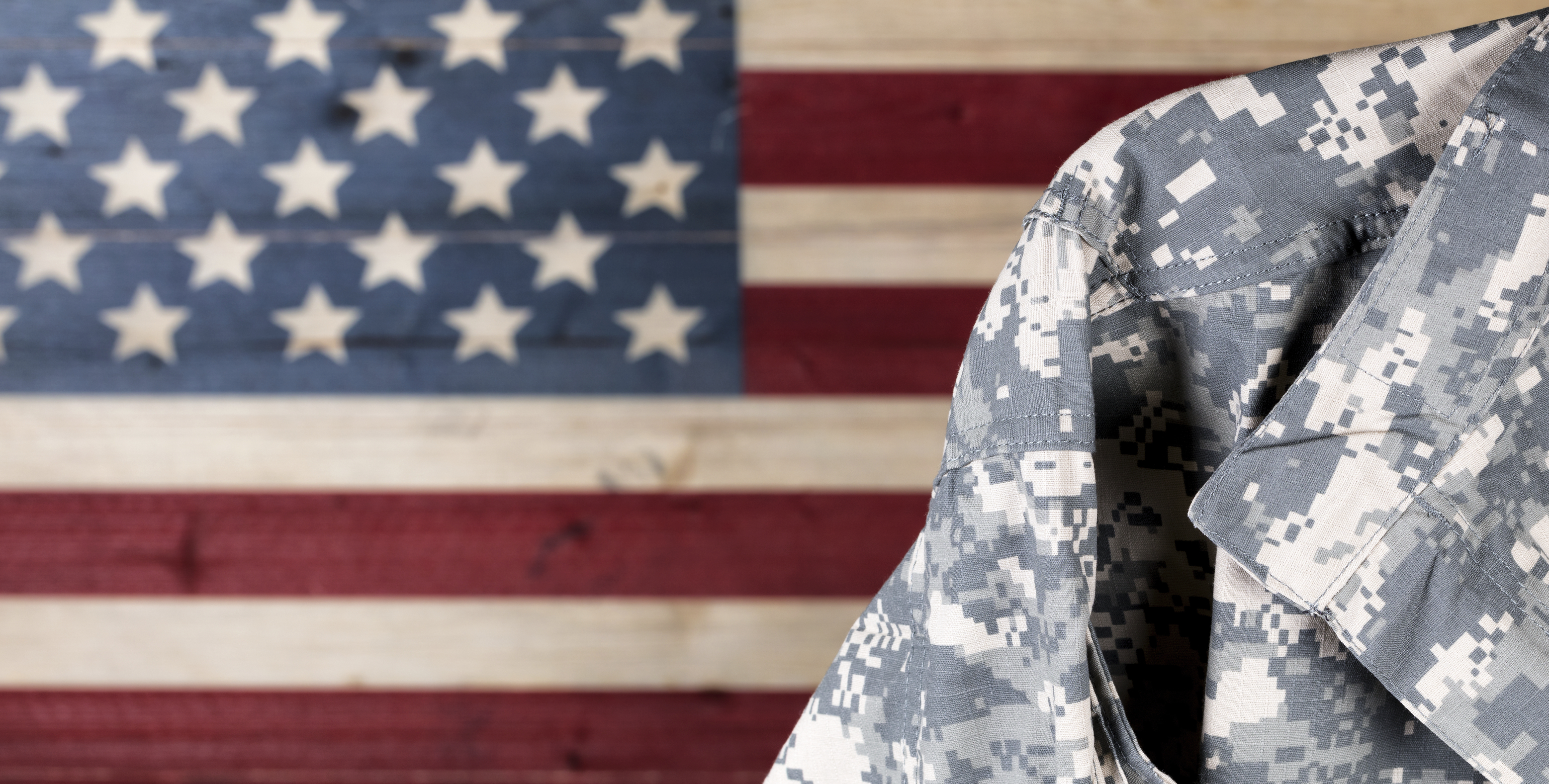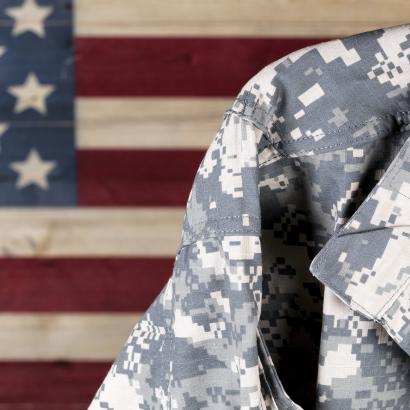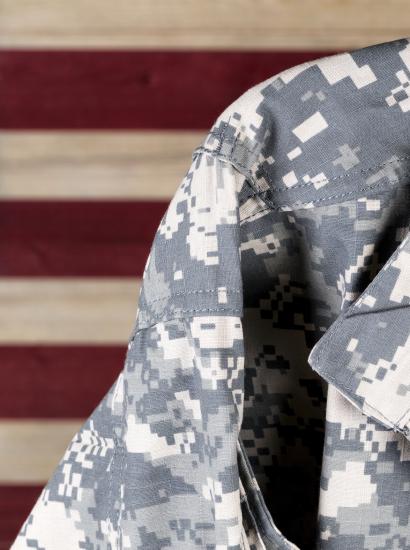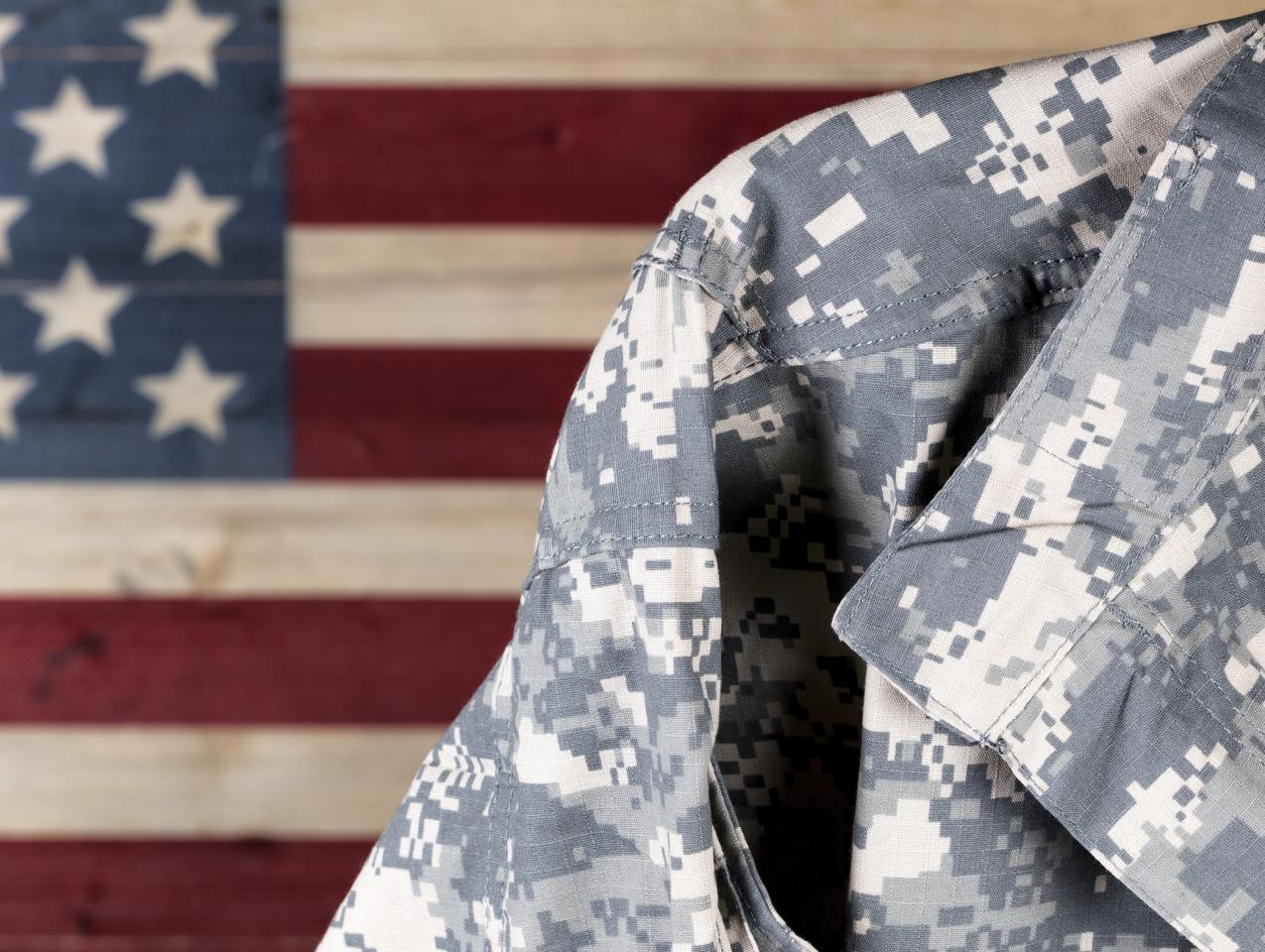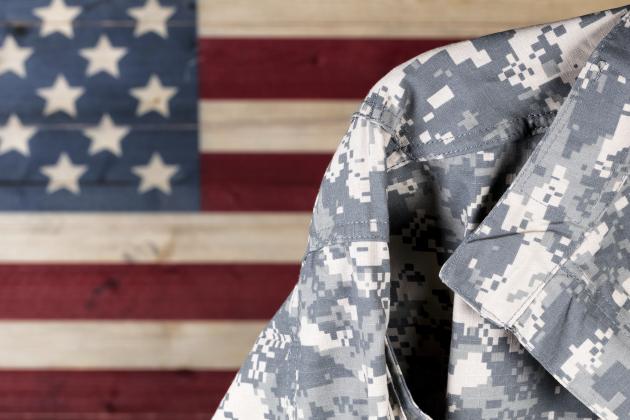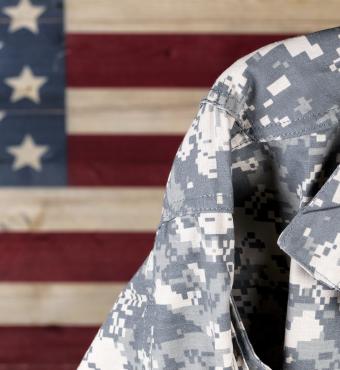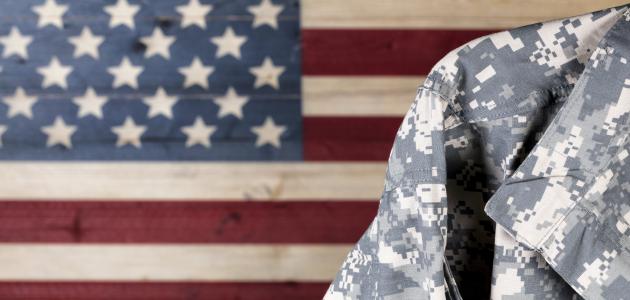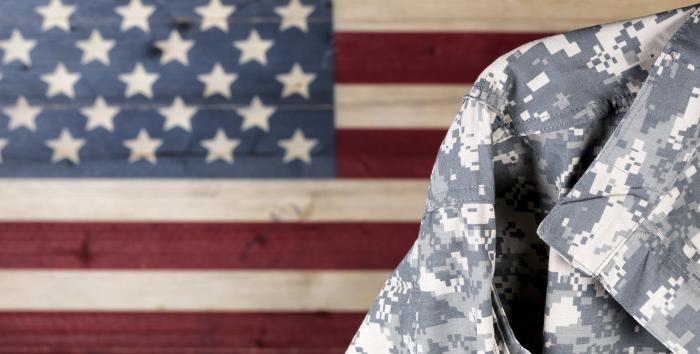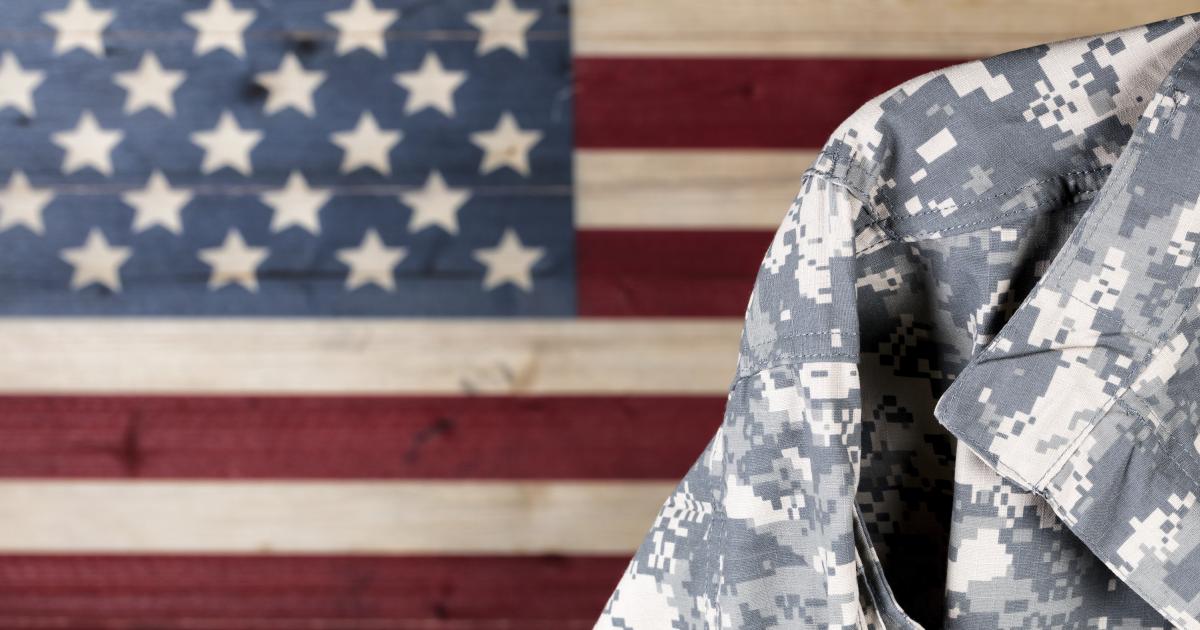Hoover Institution senior fellow H. R. McMaster testifies before the Senate Armed Services Committee on global security challenges and strategy.
To read the complete testimony, click here.
OPENING STATEMENT OF LTG H.R. MCMASTER (USA, RET.), 2 MARCH 2021
Chairman Reed, Senator Inhofe, and distinguished Members of the Committee thank you for the privilege of discussing global security challenges and how the United States, alongside our allies and partners, might overcome those challenges, preserve peace through strength, promote prosperity, and secure a better future for generations of Americans to come.
I want to begin by thanking this committee for the work that you and your predecessors have done to provide for the common defense. I was a direct beneficiary of that work. Thirty years ago almost to the day, I had the privilege of commanding Eagle troop of the Second Armored Cavalry Regiment at the Battle of 73 Easting. During an intense twenty-three-minute assault across four kilometers of heavily defended ground, our 132 troopers equipped with nine Abrams tanks and twelve Bradley Fighting Vehicles destroyed a brigade of the Iraqi Republican Guard without suffering casualties.
Senator Sam Nunn, who as you know rendered extraordinary service to our nation as a senator, member of this committee, and its chairman, invited me to testify as a captain alongside retired U.S. Army General Paul Gorman to explain our cavalry troop’s lopsided victory in the Gulf War, a war that was full of lopsided victories. I thanked the committee for giving our troop, our Army and our entire joint force the weapons that allowed us to overmatch the fourth largest Army in the world and prove wrong pre-war predictions of massive American casualties. But General Gorman and I stressed the less tangible sources of our force’s combat prowess and in particular the training, military education, and leader development that were foundational to forging confident, cohesive teams bound together by our warrior ethos, an ethos based on honor, courage, respect and a willingness to sacrifice for one another and the mission.
It is that same ethos that has allowed our small volunteer military to sustain combat operations across the first two decades of this century after the most devastating terrorist attack in history took the lives of nearly 3,000 innocents on September 11, 2001. The warrior ethos is foundational to combat power and to the sacred covenant that bonds servicemen and women to one another and to those in whose name we fight. With the support of this committee, General Gorman and other leaders of his generation strengthened that ethos as they led a renaissance in our all-volunteer joint force after the Vietnam War, a renaissance based on improved training, education, doctrine, organization, equipment and quality of recruits.
Our joint force is a living historical community in which today’s leaders are charged with building on the legacy of excellence inherited from those who have gone before them. Today’s leaders, like those of General Gorman’s and my generation, will continue to rely on this committee to help them preserve the warrior ethos and fulfill their responsibilities to the servicemen and women of today and generations to come.
That is why the work of this committee and its strong example of bipartisanship is vital to our nation’s security as we emerge from four traumas: a pandemic; a recession associated with the pandemic; social division and violence sparked by George Floyd’s murder and anger over unequal treatment under the law; and vitriolic partisanship combined with lies, disinformation and conspiracy theories that culminated in the murderous assault on the Capitol on January 6, 2021. Recovering from these traumas is essential to our national security because the perception of division and weakness at home emboldens rivals, adversaries, and enemies abroad. And confidence in our common identity as Americans and our role in an increasingly interconnected world is essential to a sustained approach to national security and foreign policy.
We live in a dangerous time because our confidence appears eroded as the global pandemic catalyzes challenges to American security, prosperity, and influence in the world. I describe some of those challenges in my statement for the record and suggest ways that we might overcome them and secure a better future for generations of Americans to come.
In general, we must overcome our narcissistic view of the world and stop assuming that what we decide to do or not do is decisive to achieving a favorable outcome. We need to adopt a non-partisan long-term approach to foreign policy focused on competitions important to our nation’s security, prosperity, and influence in the world. And we must ground our national security and defense strategies in the reality that rivals, adversaries, and enemies are unlikely to conform to our preferences.
Thank you for the privilege of being with you.






